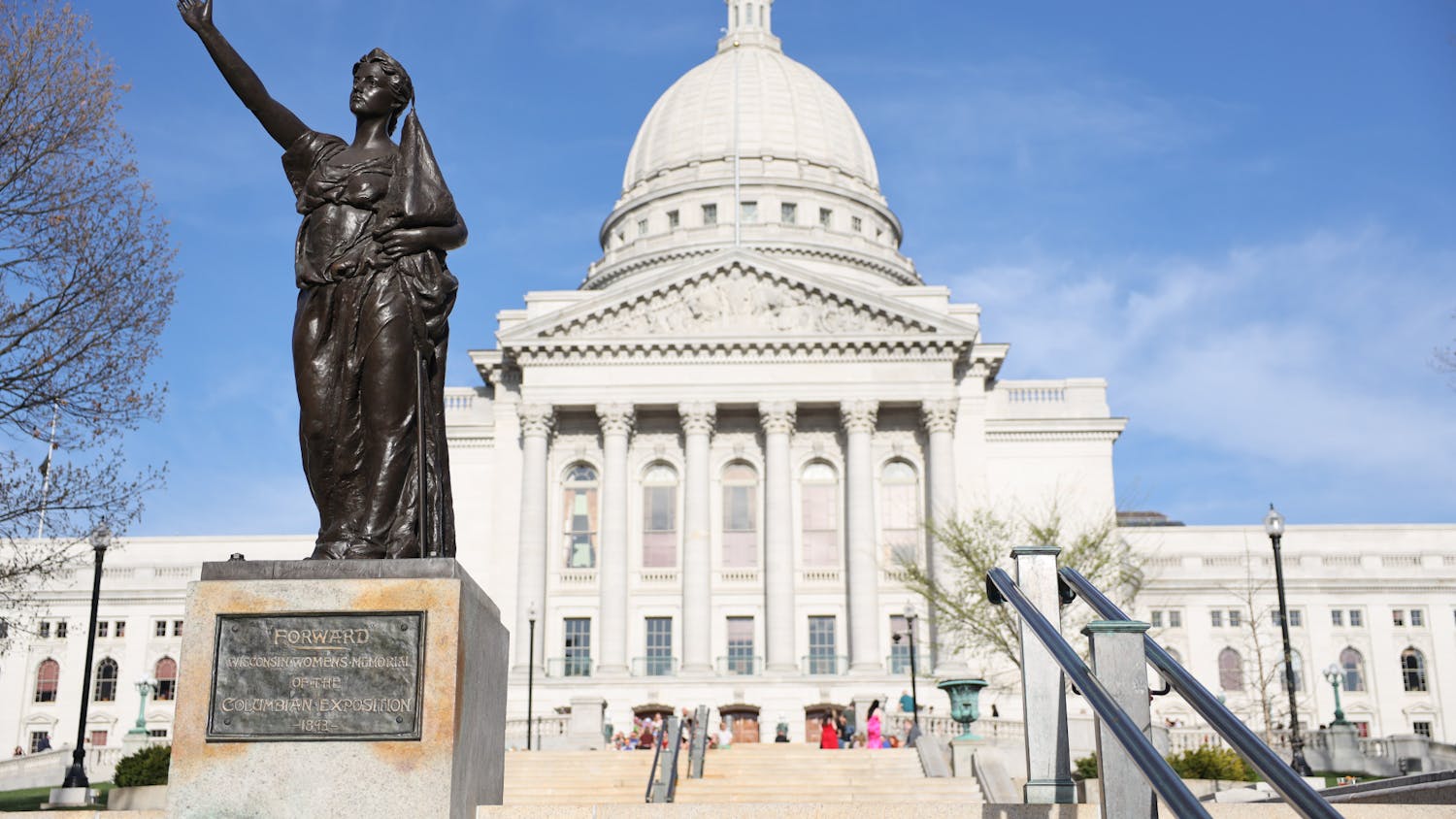The state Assembly approved Thursday a bill that would eliminate drinking tickets for witnesses and victims of sexual assault on college campuses as part of a day where the body took up over 70 bills.
Introduced last month by state Rep. Joan Ballweg, R-Markesan, and state Sen. Jerry Petrowski, R-Marathon, the bill has been supported by sexual assault advocates and university officials, such as UW-Madison Chancellor Rebecca Blank and the University of Wisconsin Police Department.
“This is something that we need to do to find a way to help those victims feel secure in coming forward,” Ballweg said in a public hearing on the bill. “To get rid of that barrier … this will go a long way to help.”
The bill has broad bipartisan support and passed the Assembly on a voice vote with no debate.
The body also approved a bipartisan measure that would increase compensation for the wrongly convicted.
The bill, authored by state Reps. Dale Kooyenga, R-Brookfield, Gary Hebl, D-Sun Prairie, and state Sen. Van Wanggaard, R-Racine, would increase the compensation cap to $1 million. Present law only allows for payments of $5,000 a year for a maximum of $25,000.
Kooyenga said that while the bill cannot deliver justice to those wrongly convicted of crimes, it does help improve the criminal justice system as a whole.
"As a legislative branch," Kooyenga said, "we should continue to work to move our great justice system into a greater justice system."
More controversially, the Assembly passed a measure that would change regulations and zoning for land near waterways 57-39. State Reps. Al Ott, R-Forest Junction, Joel Kitchens, R-Sturgeon Bay, Todd Novak, R-Dodgeville, and John Murtha, R-Baldwin, joined Democrats in opposing the bill.
The measure, introduced by state Rep. Adam Jarchow, R-Balsam Lake, and state Sen. Frank Lasee, R-De Pere, is touted by supporters as a way to decrease government regulation of individual property.
"Today is a great day for property owners in the state of Wisconsin," Jarchow said.
Opponents of the bill argue it degraded environmental standards.
“This is like Act 10 for lakes,” state Rep. Cory Mason, D-Racine, said, referring to the controversial 2011 legislation that stripped public sector employees of their rights to collectively bargain.
The bills now head to the state Senate for passage.






